You might also be interested in this
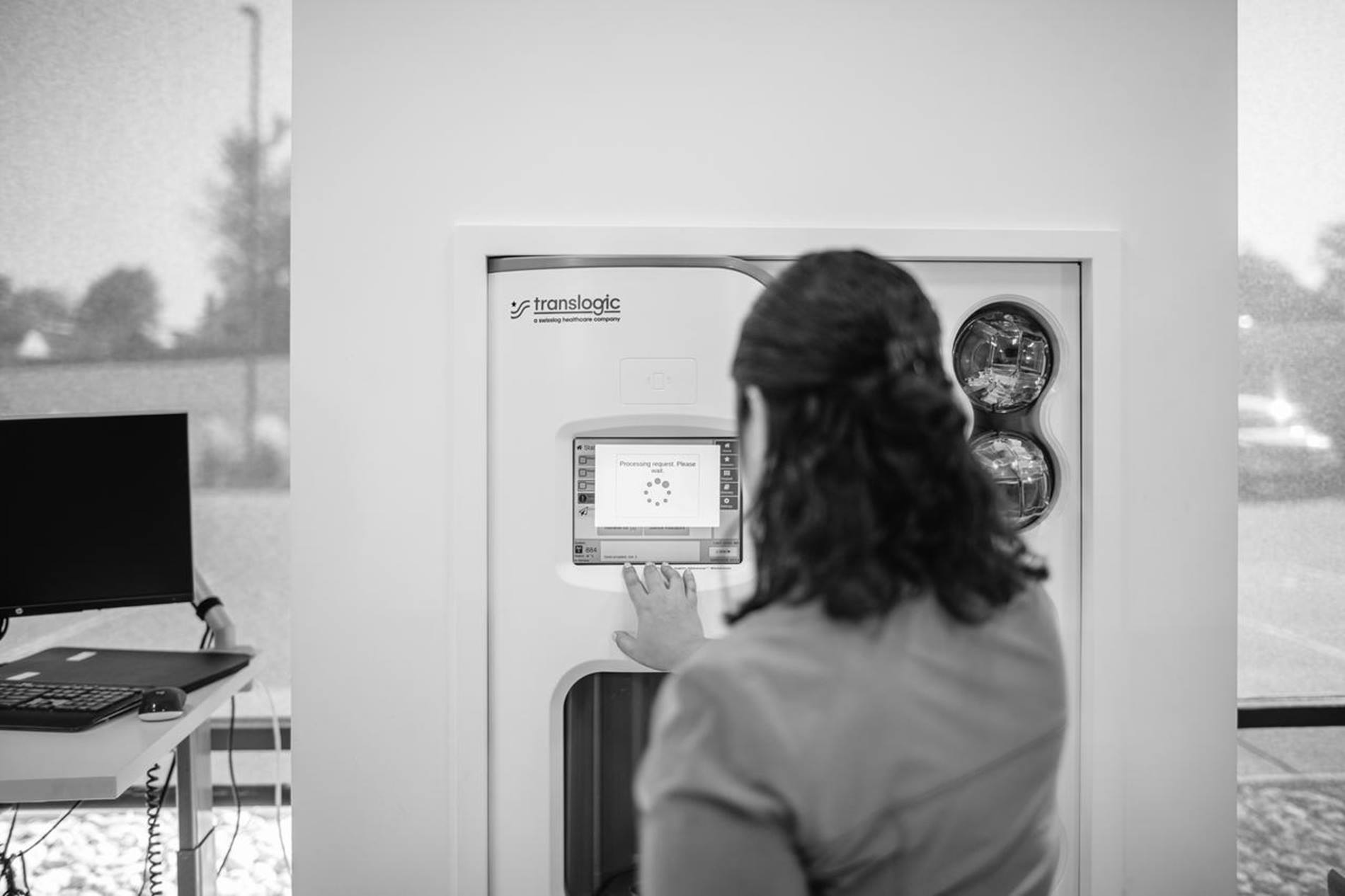
Customer Pledge
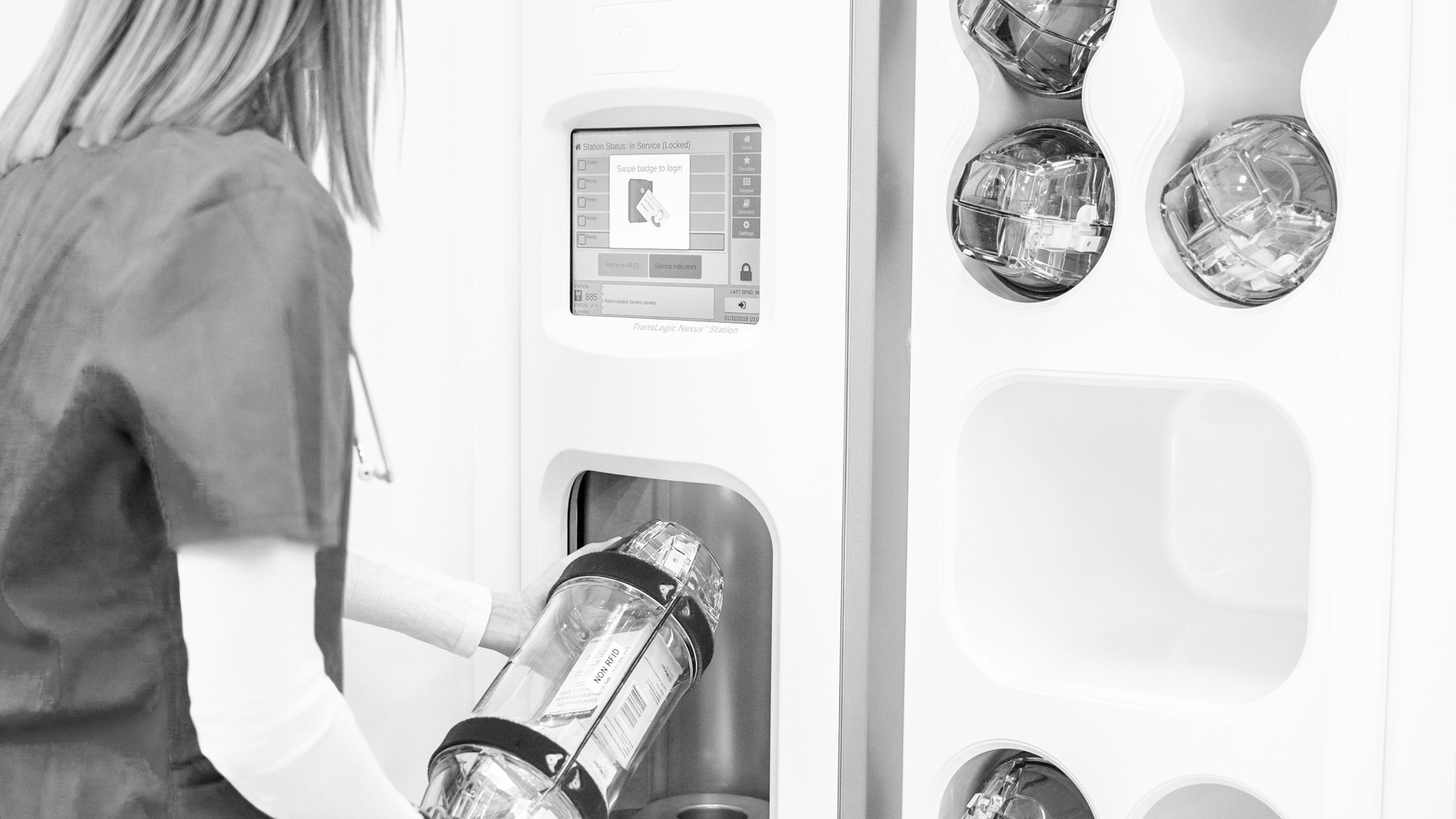
Superior Transport Automation
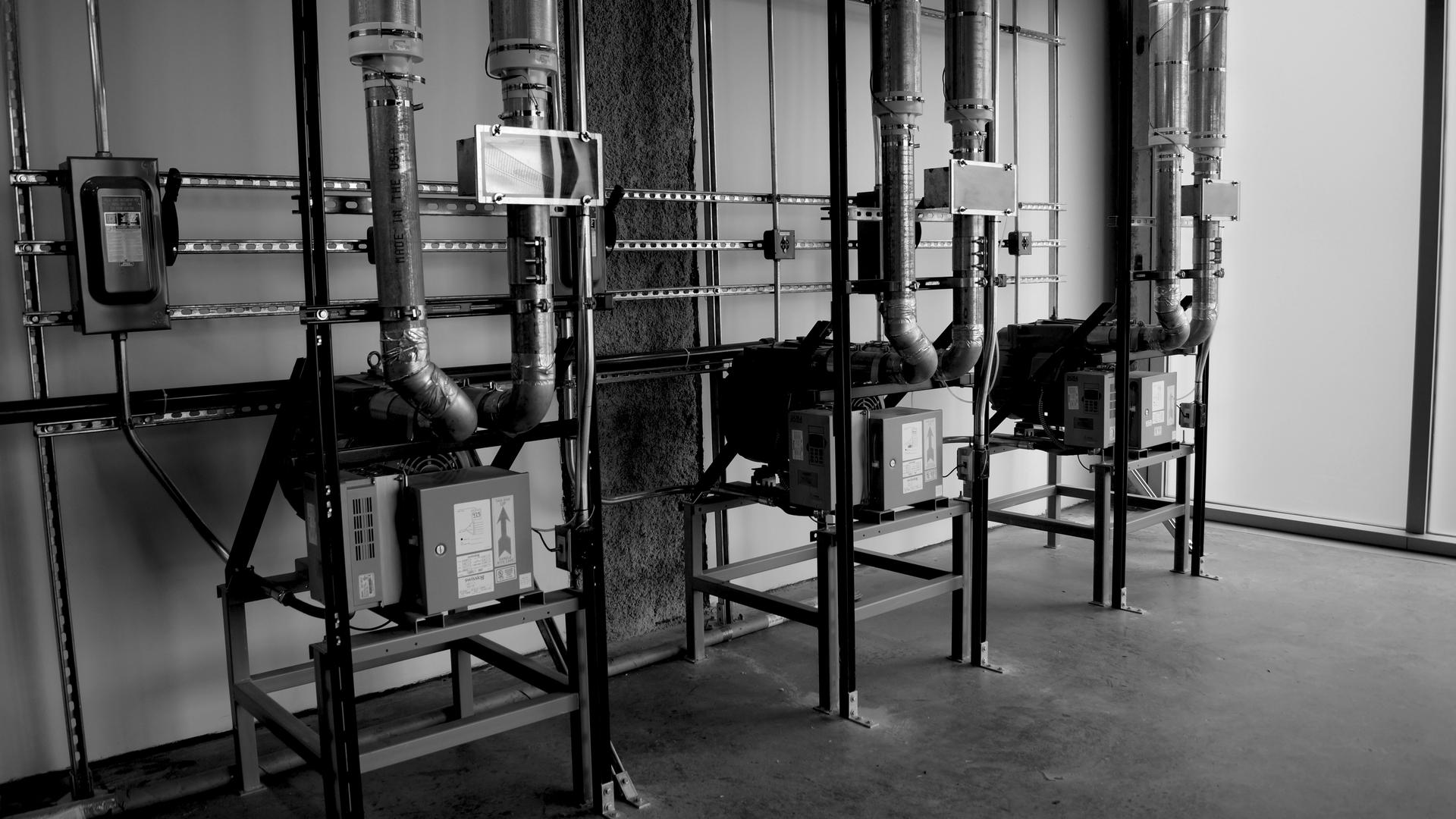
Pneumatic Tube System Components

Carriers and Accessories
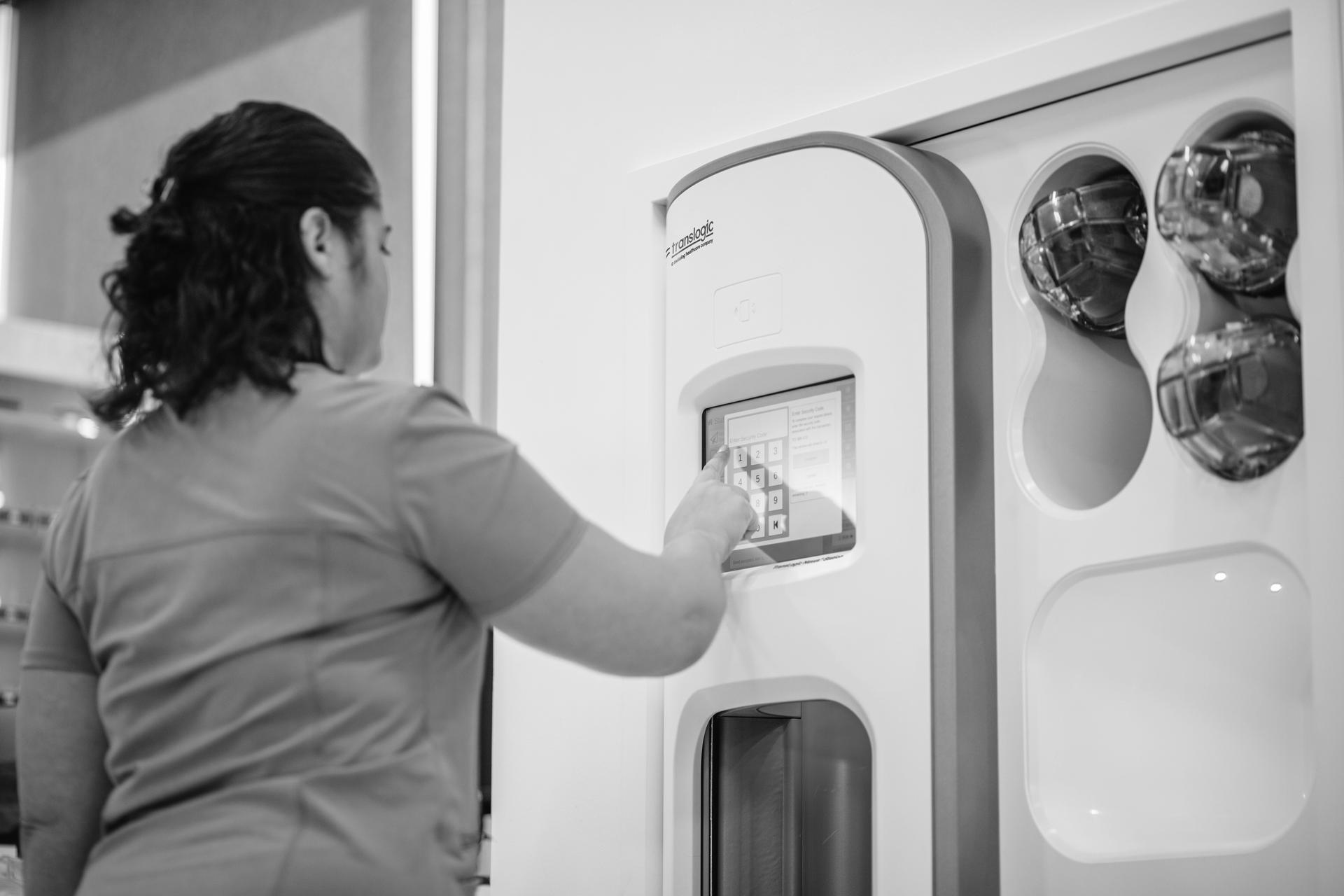
Stations
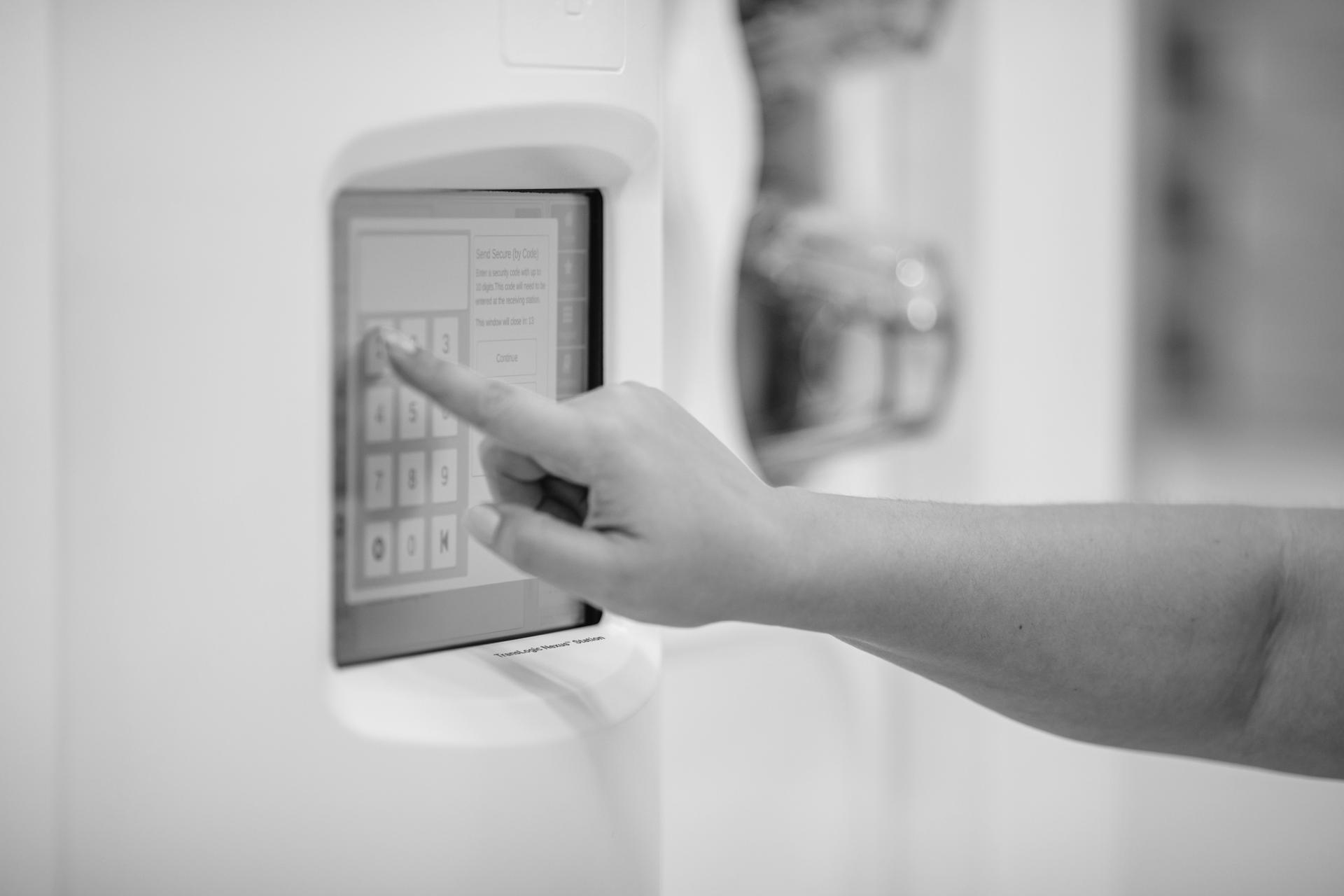
TransLogic V8

Delivery Manager Material Tracking Software


The AI Revolution Is Here And It's Coming to a Hospital Near You
Jeff Erbert | 2/15/2024
Though machine learning (ML) and artificial intelligence (AI) isn’t necessarily new (machine learning debates date back to the 1950s with Alan Turing’s work “Computing Machinery and Intelligence”) it has reached a point of sophistication and accessibility to have a deep impact on the way we do things, hospital operations included.
This inevitable revolution in healthcare is unfolding daily, as software engineers and business leaders find new ways to harness the power of this technology, but how will it manifest itself exactly? This blog intends to explore five of the many ways that AI could impact hospital operations.
Healthcare is personal. Not only from a data-sense, but also from a care standpoint. For best outcomes, each person needs their own coordinated plan of attack and AI can help providers develop that plan more quickly.
For instance, let’s say a patient has an expansive chart that spans over several years. That’s a lot of information for a patient to recall or a provider to take in. In the article, “How AI can help physicians with pre-encounter medical record analysis” by Medical Economics, the author writes that providers “spend valuable time playing catch-up to understand a patient’s current needs, or risk missing out on important insights”.
With current AI technology (and the appropriate access to electronic health records), providers could prompt the program about a patient’s history and it will return the sought after information quickly and accurately, thus allowing the provider to choose how to proceed.
In a similar vein, AI is being used to create possible patient trajectories (also drawing on personalized patient information). The Journal of Medicinal Internet Research, in one paper, delineates how data – whether it’s collected over a long period of time from wearable health tech or has been collected in real time – can help providers predict the needs of their patients and set expectations for outcomes.
The hospital can then collect and query that data to make organizational decisions like ordering supplies, hiring specialists, or building new facilities to meet impending future demands.
In “AI & Pneumatic Tube System Maintenance”, we go in depth on our own use of AI and its role in performing fast and efficient repairs on the transport backbone of the hospital – the pneumatic tube system. Essentially, TransLogic technicians are able to harness decades of technical repair information and use it to diagnose and/or repair pneumatic tube systems quickly, efficiently, and accurately.
However, this approach is hardly restricted to pneumatic tube system or pharmacy automation solution repairs. In the coming months, hospitals will likely see other operational systems – like HVAC, plumbing, or electrical — benefit from the same methodology.
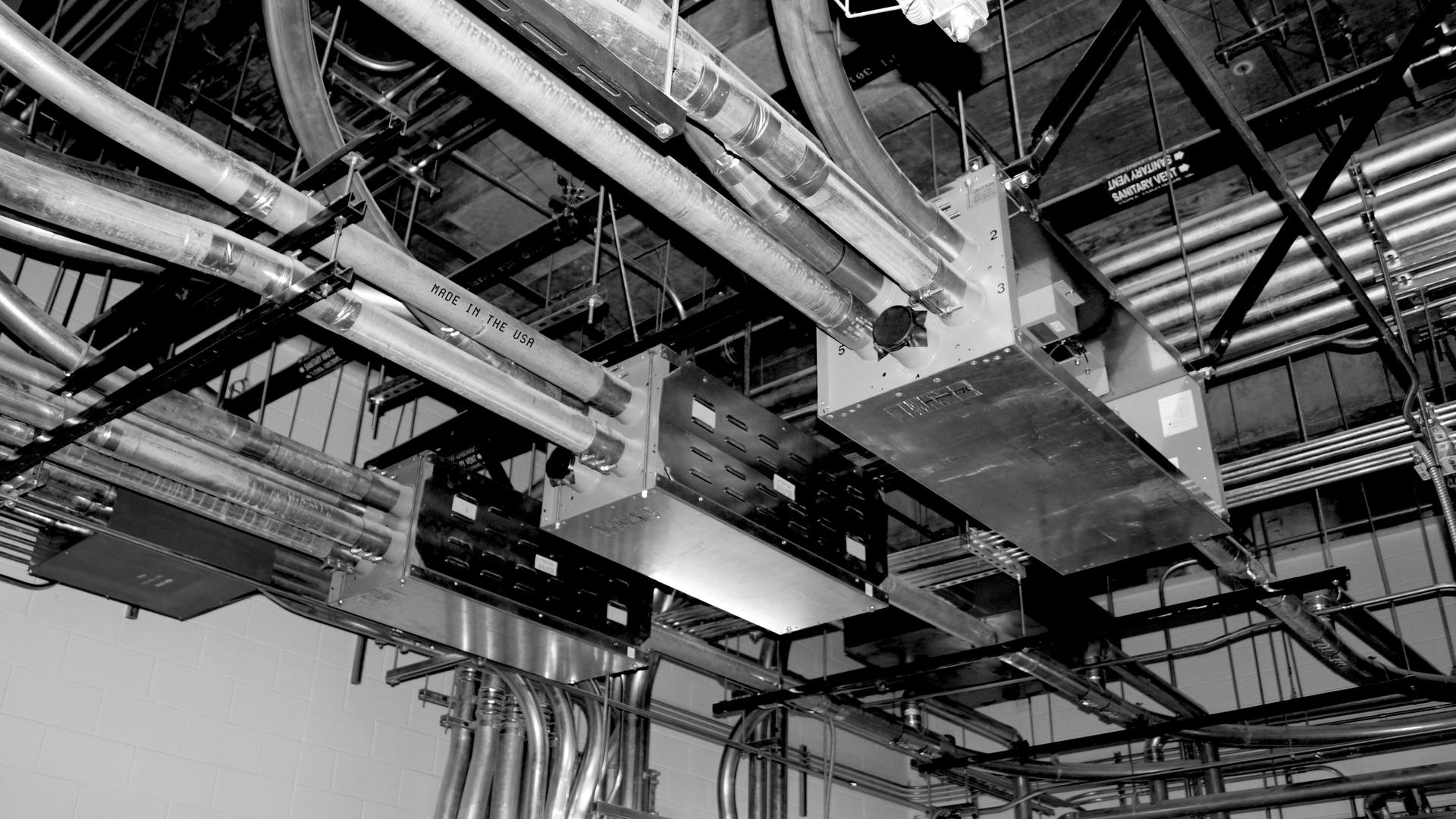
Today’s AI tech extends far beyond being able to analyze and produce language. Image reading capabilities mean AI programs can help providers examine things like x-rays with exceptional accuracy,
And the technology’s impact on radiology doesn’t stop there. In one article published by Stanford University’s department of Human-Centered Artificial Intelligence (HAI), the power of AI could significantly reduce the time it takes to perform an MRI by collecting less data and extrapolating the results.
With MRI scans in the U.S. expected to grow by 18.3% by 2030, this technology could help hospitals meet this increased demand for data while improving the overall MRI patient experience.
Wherever there’s a large amount of data, there’s the potential for AI applications to have impact. In large health systems – especially those with a Consolidated Service Center (CSC) – the pharmacy can pick, package, and send tens of thousands of doses of medication per day. These figures are achieved thanks to a variety of pharmacy automation technologies, however, the promise of AI stands to drive efficiency and patient safety even more.
The National Institutes of Health (NIH) article “Artificial intelligence in the field of pharmacy practice: A literature review” muses on the possibility of AI programs and their ability to query personal patient history to help pharmacists identify drug interactions and make informed recommendations that are tailored to the patient.
What’s more, pharmacy managers stand to benefit from using AI to sift through operational data reported by the pharmacy automations (e.g. barcode scans, inventory levels, inventory age, doses administered, etc) increasing efficiency in terms of ordering, planning, and deciphering possible trends.
There’s no denying that the AI revolution is nigh, and its impact will be widespread. Yet, the healthcare industry may prove to be fertile grounds for AI development. The stakes are human, meaning close monitoring, heightened security, and a patient-centric notion could elicit true human-AI symbiosis. Regardless, the promise and power of AI will inevitably leave its mark on the industry – with hopes high that it will ultimately improve patient care and patient outcomes.








Contact our knowledgeable specialists to discover how our range of automation solutions can boost efficiency, reduce costs and enhance care at your healthcare facility.
Contact us